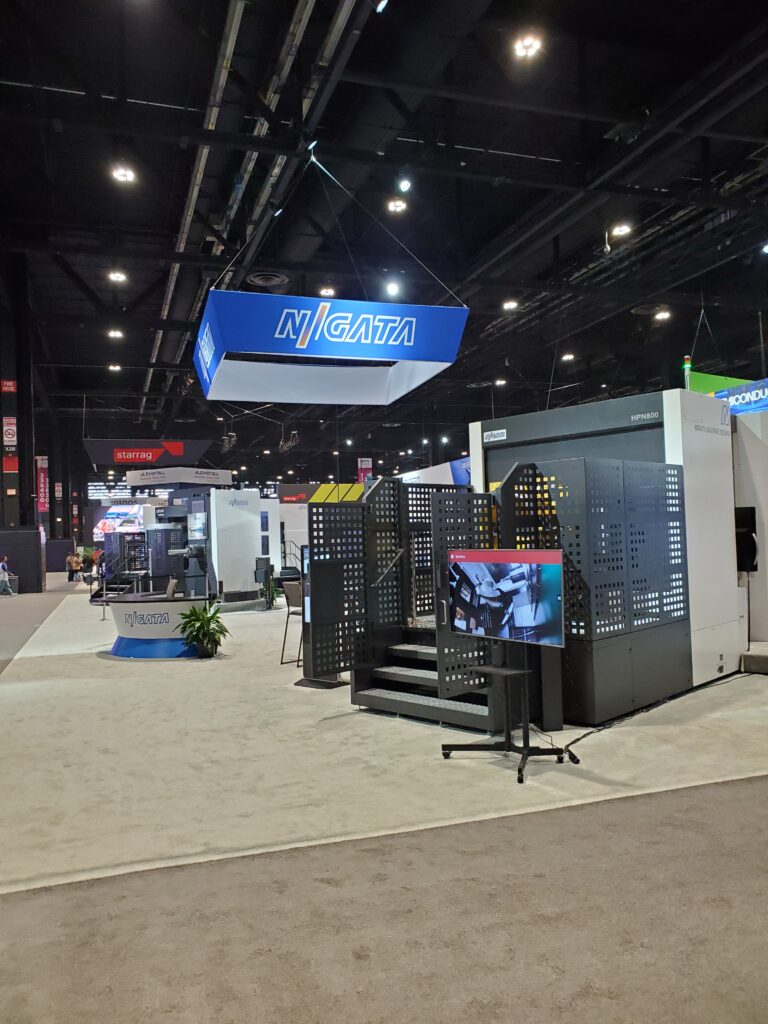[vc_row][vc_column width=”5/6″][vc_column_text]Published by Carol N. Bailey and Tyler B. Slack on [/vc_column_text][vc_row_inner][vc_column_inner][vc_column_text]
The year 2018 is almost halfway over and for individuals in Illinois currently involved in a divorce proceeding or contemplating filing for divorce, the question of whether their divorce case will be finalized before January 1, 2019 will have important implications when it comes to receiving or paying maintenance (formerly known as alimony) to an ex-spouse.
Currently, alimony and separate maintenance payments are deductible by the payor spouse and includible as income to the recipient spouse. In other words, the individual who receives the maintenance payments must report these payments as income on his or her tax return and pay taxes on them. The individual ordered to pay maintenance to a former spouse is allowed, however, to deduct these payments from his or her taxable income. This deduction to the payor spouse, which has been allowable under the Internal Revenue Code for decades, is commonly utilized by attorneys as a way to encourage settlement in some divorce cases. Depending on the facts of the case, the deductibility of maintenance payments may be worth enough to the paying spouse in tax savings that the prospect of paying their ex-spouse recurring support payments pursuant to a settlement agreement is a much less bitter pill to swallow than at first glance.
The ability to deduct these maintenance payments, however, will soon change under the new Tax Cuts and Jobs Act, which was approved by Congress on Dec. 22, 2017.
Section 11051 of the Act contains a repeal of the alimony tax deduction and provides that the effective date of this appeal shall apply “to any divorce or separation instrument” executed after December 31, 2018. To paraphrase, the Internal Revenue Code, 26 USC §71(b)(2) defines a “divorce or separation instrument” as a divorce decree, a written separation agreement, or other written instrument incident to a divorce decree.
Practically speaking, this new language in the Act means a person who is Court ordered to pay maintenance to an ex-spouse and who has their divorce decree finalized and signed by a judge on or before December 31, 2018, can deduct the maintenance payments, while a person who has their divorce decree signed by a judge on or after January 1, 2019, will not be able to deduct these payments. Depending on how long the maintenance payments are to continue to be paid to the ex-spouse under the parties’ agreement or divorce decree, the timing of when the decree is entered could cost the paying spouse thousands in tax savings. Likewise, the individual set to receive maintenance may want to wait until after December 31, 2018, to finalize their divorce so the maintenance to be paid to him or her is not taxable as income.
For individuals who are currently paying maintenance under a divorce decree that has already been entered by a Court, the new Act does not affect the deductibility of these payments unless, importantly, these maintenance payments are modified after December 31, 2018, and the modification expressly provides that the amendments made by section 11051 of the Act apply to the modification.
For a more in-depth discussion regarding how these changes in the law could affect your case or situation, contact an attorney with the family law group at WilliamsMcCarthy LLP. Attorneys Carol N. Bailey and Tyler B. Slack represent individuals in dissolution of marriage cases throughout northern Illinois. The divorce cases handled by these attorneys often involve high net-worth clients and complex legal, financial, and business considerations. Contact the law offices of WilliamsMcCarthy LLP to schedule a consultation.
[/vc_column_text][/vc_column_inner][/vc_row_inner][vc_row_inner][vc_column_inner width=”1/2″][vc_single_image image=”8163″ img_size=”medium” add_caption=”yes”][/vc_column_inner][vc_column_inner width=”1/2″][vc_single_image image=”8159″ img_size=”medium” add_caption=”yes”][/vc_column_inner][/vc_row_inner][/vc_column][vc_column width=”1/6″][/vc_column][/vc_row]






